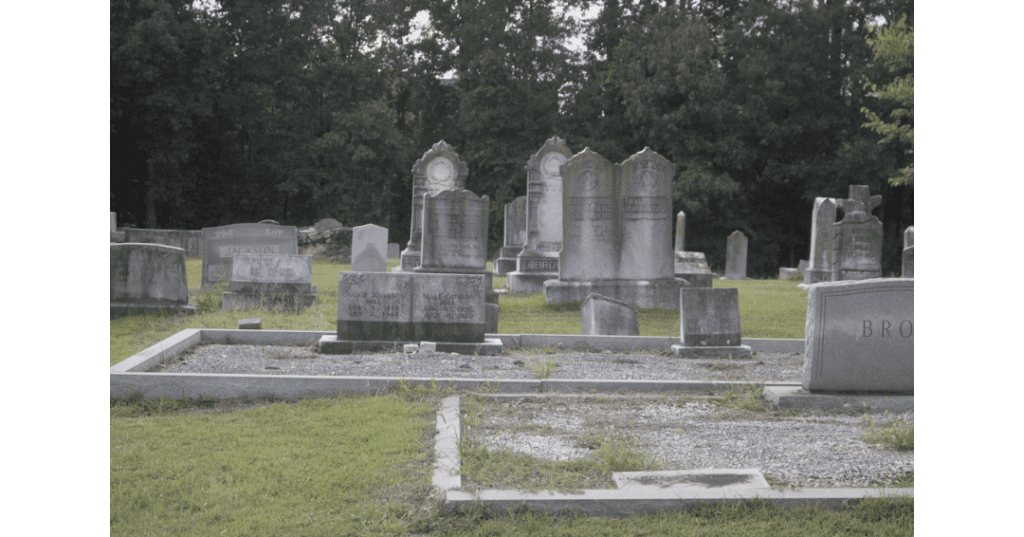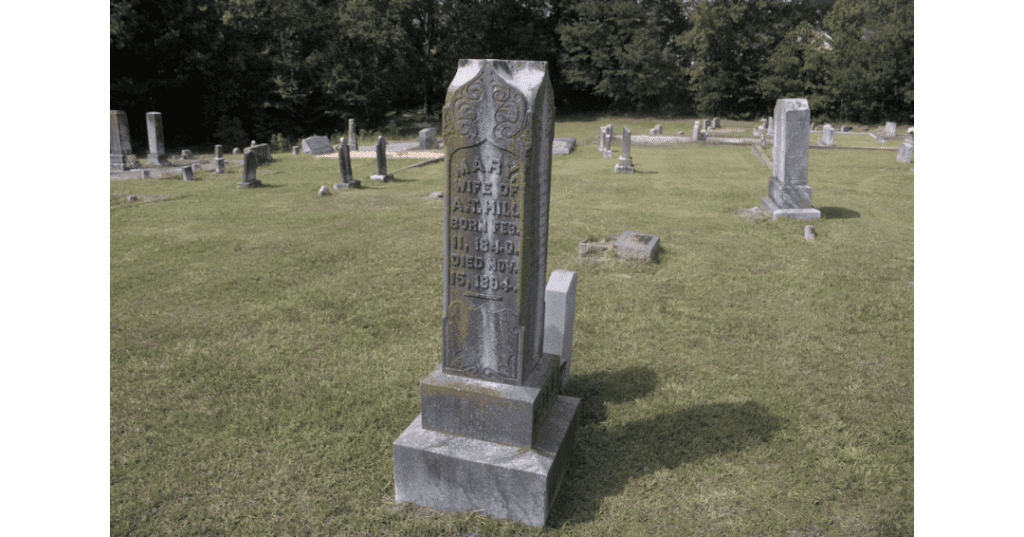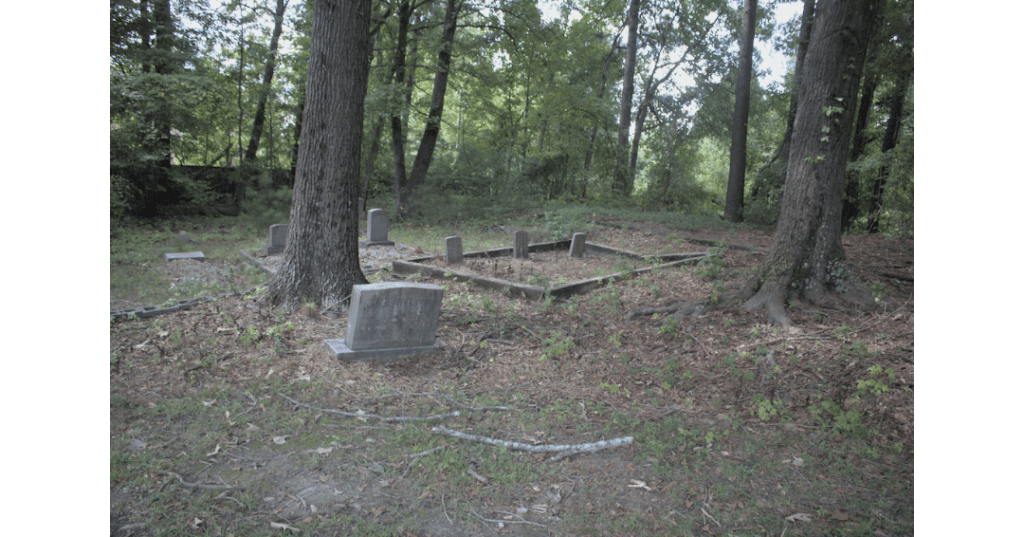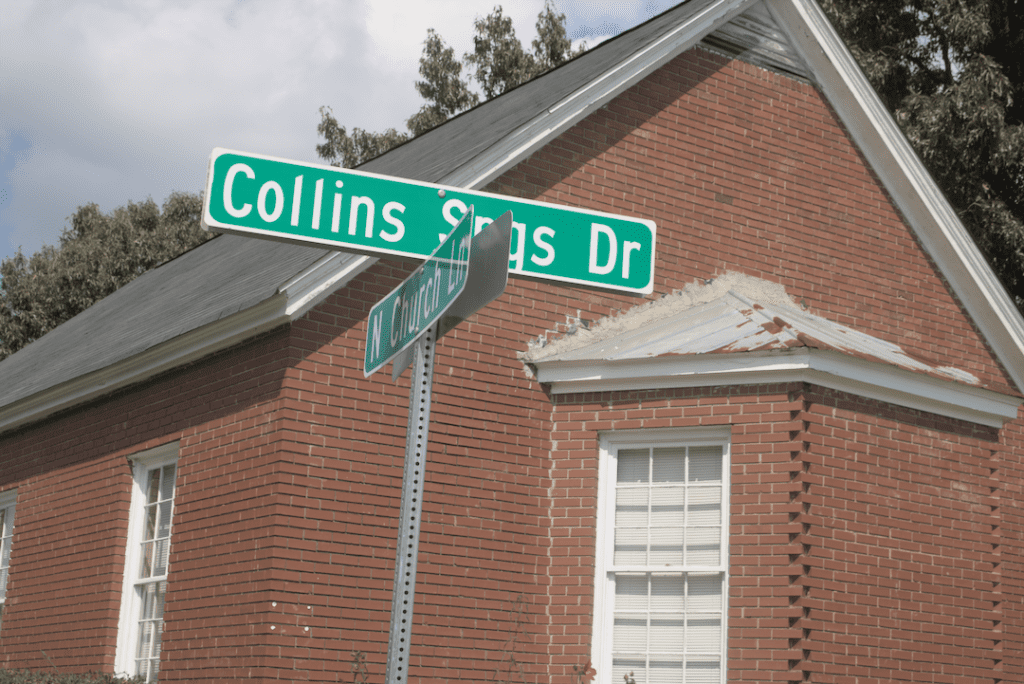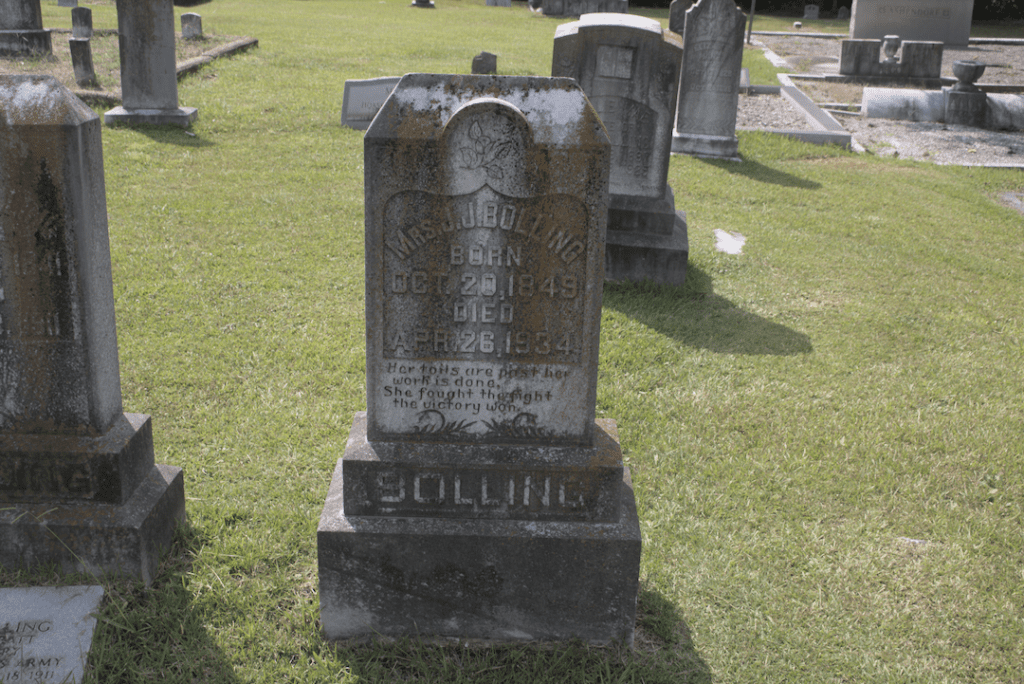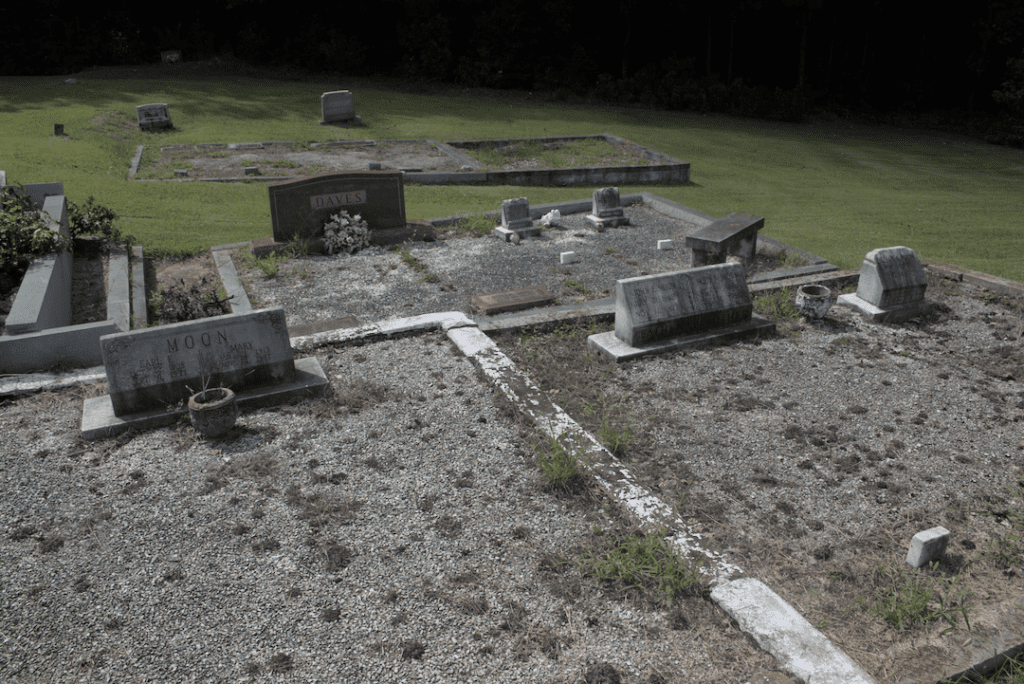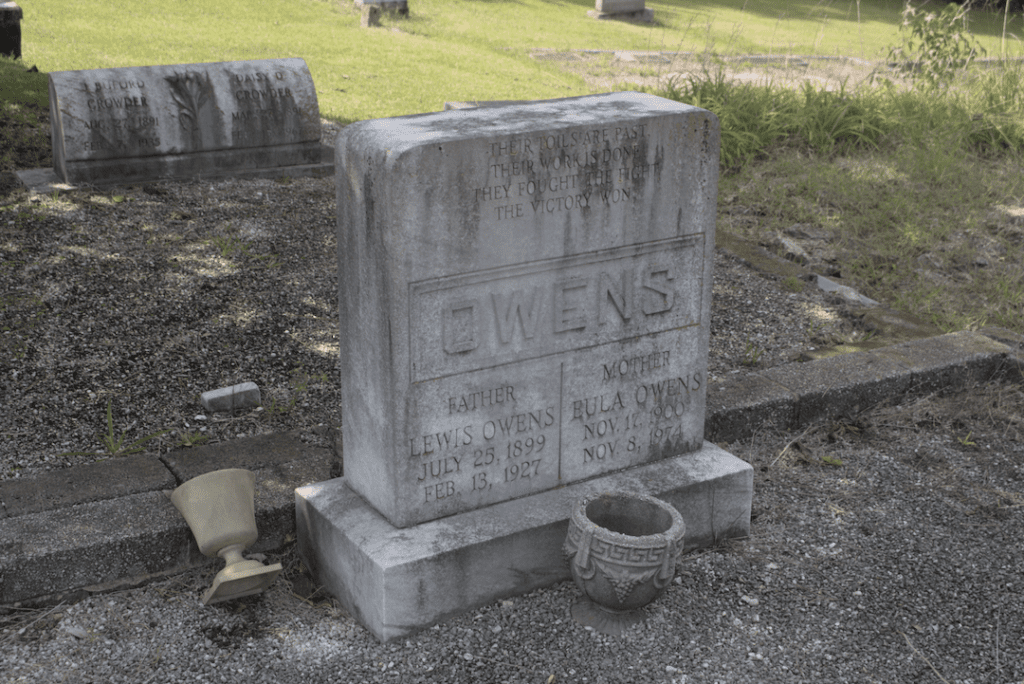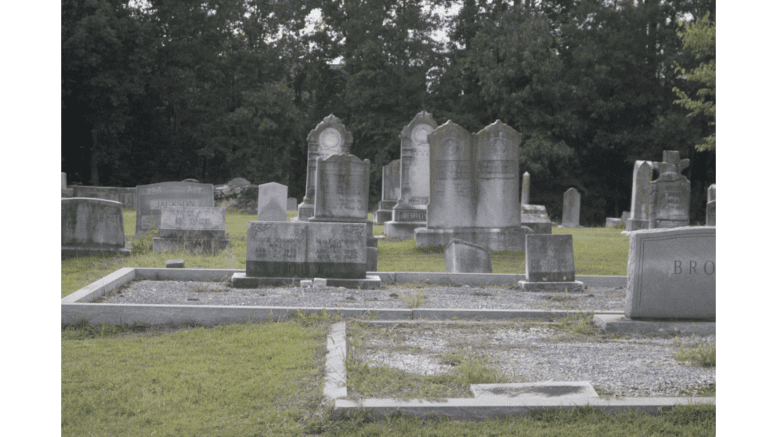By Larry Felton Johnson
[This evergreen article was an installment in the series “Accidentally car-free” about getting around Cobb County without the use of a car. To see a list of the entire series visit this link. To see how this project began, read the first article in the series by following this link.]
A truth I learned a long time ago, and that I learned last year when I became “Accidentally car-free” is that automobiles are a terrible way to get a feel for the surrounding community and environment.
My ancient Honda Civic is now in more-or-less good repair, but some of the lessons I learned are worth pondering in a society and a county that is abysmally dependent on the automobile, and with it on fossil fuels. [Editor’s note: Since this article was last updated, I’ve replaced the Honda with a Chevy Bolt EV]
The car obviously has advantages in covering more ground and getting from point to point faster. But what you lose is the detail in the surroundings.
In fact there’s a diminishing return as the speed increases, so your ability to take in your surroundings increases as you move from car to bicycle to foot.
The reason is obvious. The level of detail you can notice and take in decreases with the speed with which you’re careening through your environment.
I decided during my car-free period to make a return trip to the Kroger on South Atlanta Road to pick up a few things for the evening’s dinner.
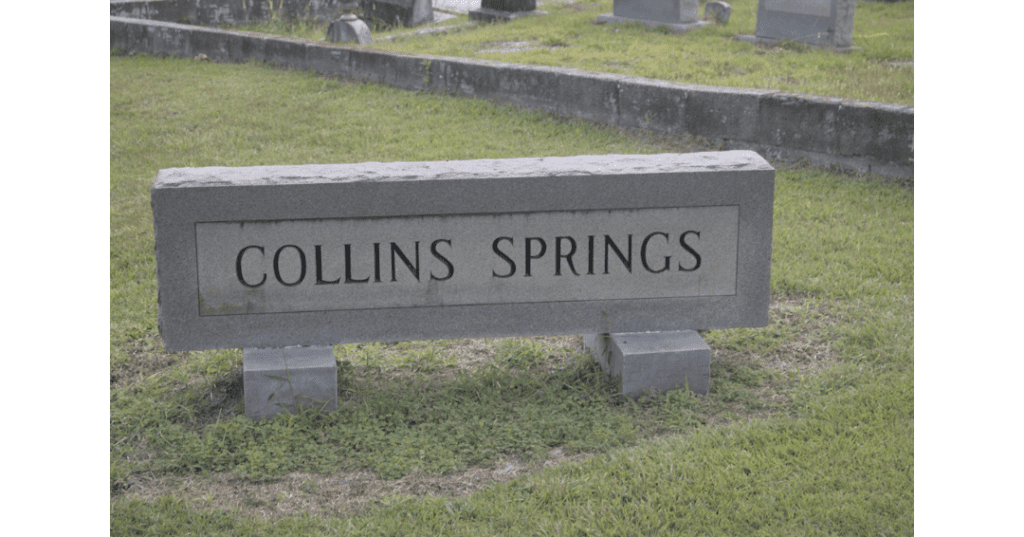
On the way back I wandered around through Collins Springs Cemetery.
The cemetery was the church burying ground for Collins Springs Primitive Baptist Church, which is now occupied by Atlanta Freethought Hall.
The church was founded in around 1850, rebuilt as a wooden structure in the 1860s, and had a brick facade added in the 1960s. In 2001 the congregation disbanded the church, and the building was bought by the Freethought Society.
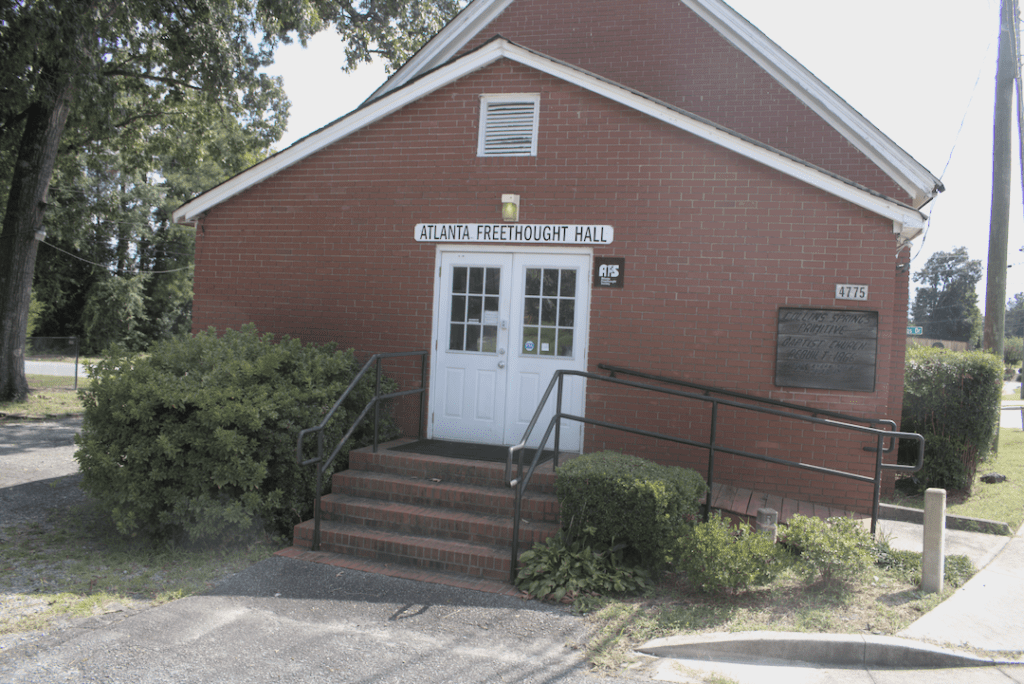
Some of the oldest cemeteries in Georgia are either Primitive Baptist Church or Methodist, for similar reasons. It was easy to set up either with a small congregation.
In the case of Methodist churches it was because of the circuit riding ministers. A congregation could set up that four or five weeks in a row only had Sunday School, with a minister riding a circuit of multiple small churches.
The Primitive Baptist Churches were easy to set up because they had no formal ordination system. A member of the church could “get the calling,” and become a self-declared minister (or from the point-of-view of the church, God would declare the person a minister).
To read about the Primitive Baptist churches in Georgia follow this link to the New Georgia Encyclopedia.
So consequently hundreds of little Primitive Baptist churches were set up across the southeast, usually with a cemetery.
The cemetery and church building are located on North Church Lane very close to South Atlanta Road. When the Silver Comet Trail extension is completed to Plant Atkinson Road, the trail will run near the cemetery.
The age of the headstones cover a wide range, but most are clustered between the 1880s and the 1980s.
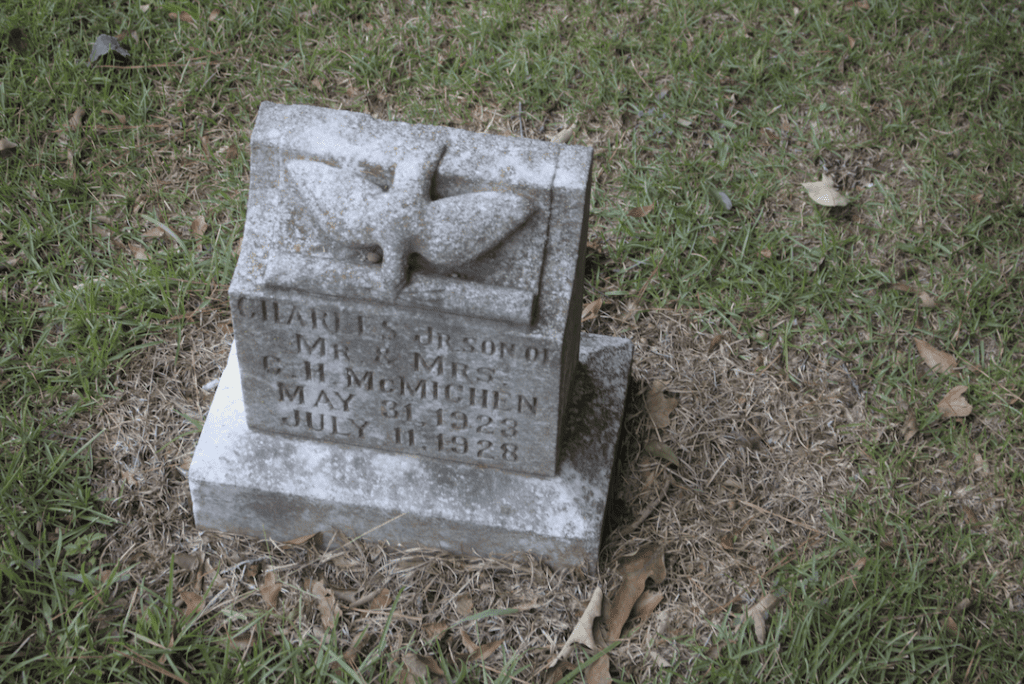
One thing that struck me is the number of Maners buried there. The Maner family owned the farm that gave Maner Road its name. Maner Road is close to the cemetery and runs between Plant Atkinson Road and South Cobb Drive, where its name changes to RIverview Road.

The cemetery is well-kept, with an active cemetery association.
Even if you never have any intention of trying to live without a car, exploring your surroundings by foot and bicycle is not only good exercise, but it puts you in close contact with the environment, as this stroll through the cemetery shows.
For more photos keep scrolling
